
We coach scientists to gain recognition and influence by communicating their work with clarity.
Get our monthly email newsletter to receive insight, inspiration, and advice on improving how you communicate your science right to your inbox.
Newsletter Archives
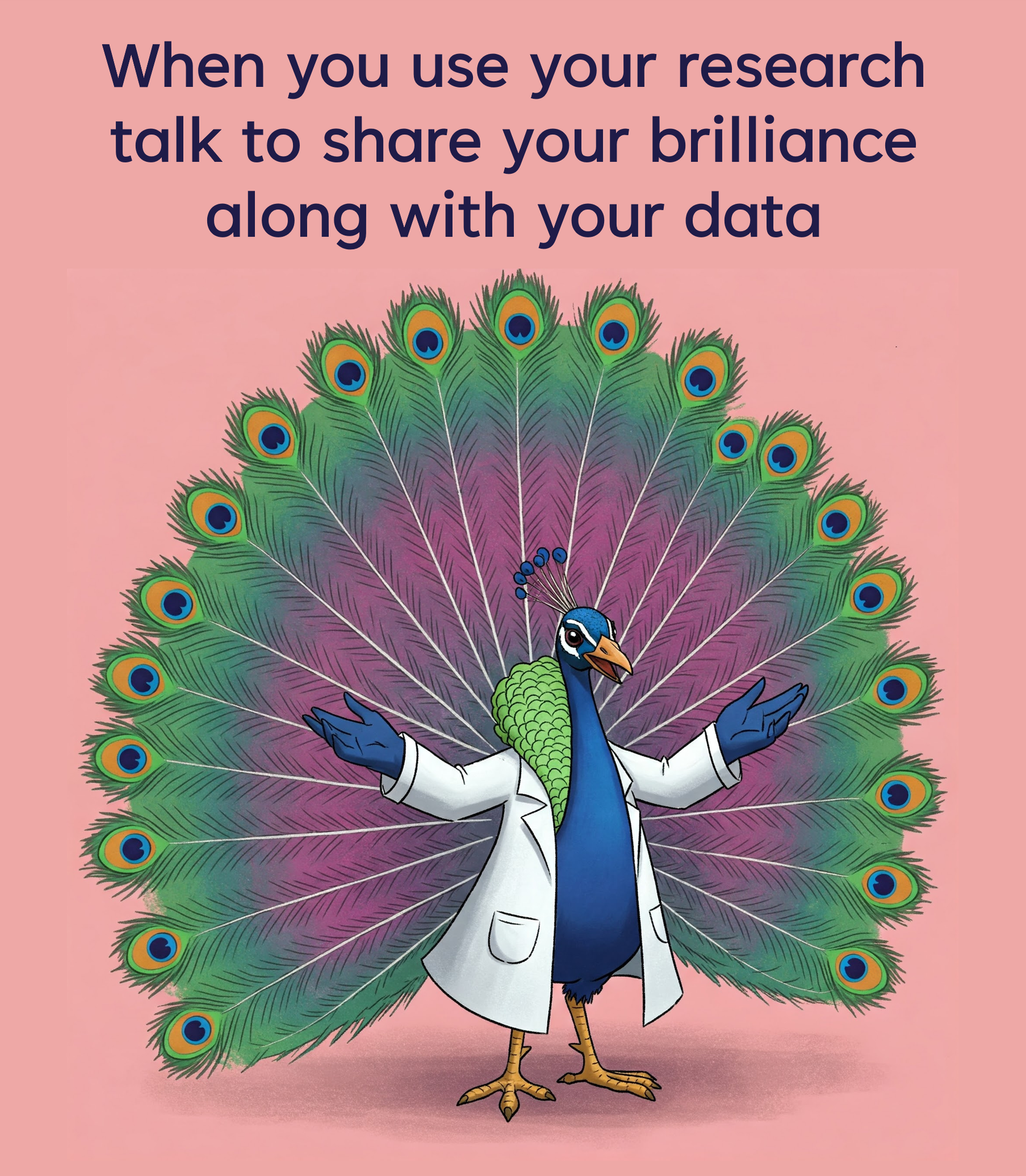
How to achieve the real goal of your research talk: demonstrating your expertise
Demonstrating expertise is the goal of many scientists when they present their research—even if they don’t explicitly acknowledge it. Your research presentation is a moment to show the world that you are great at what you do. And, let’s be honest, this presentation might be the only recognition you get for all the effort you put into your study.
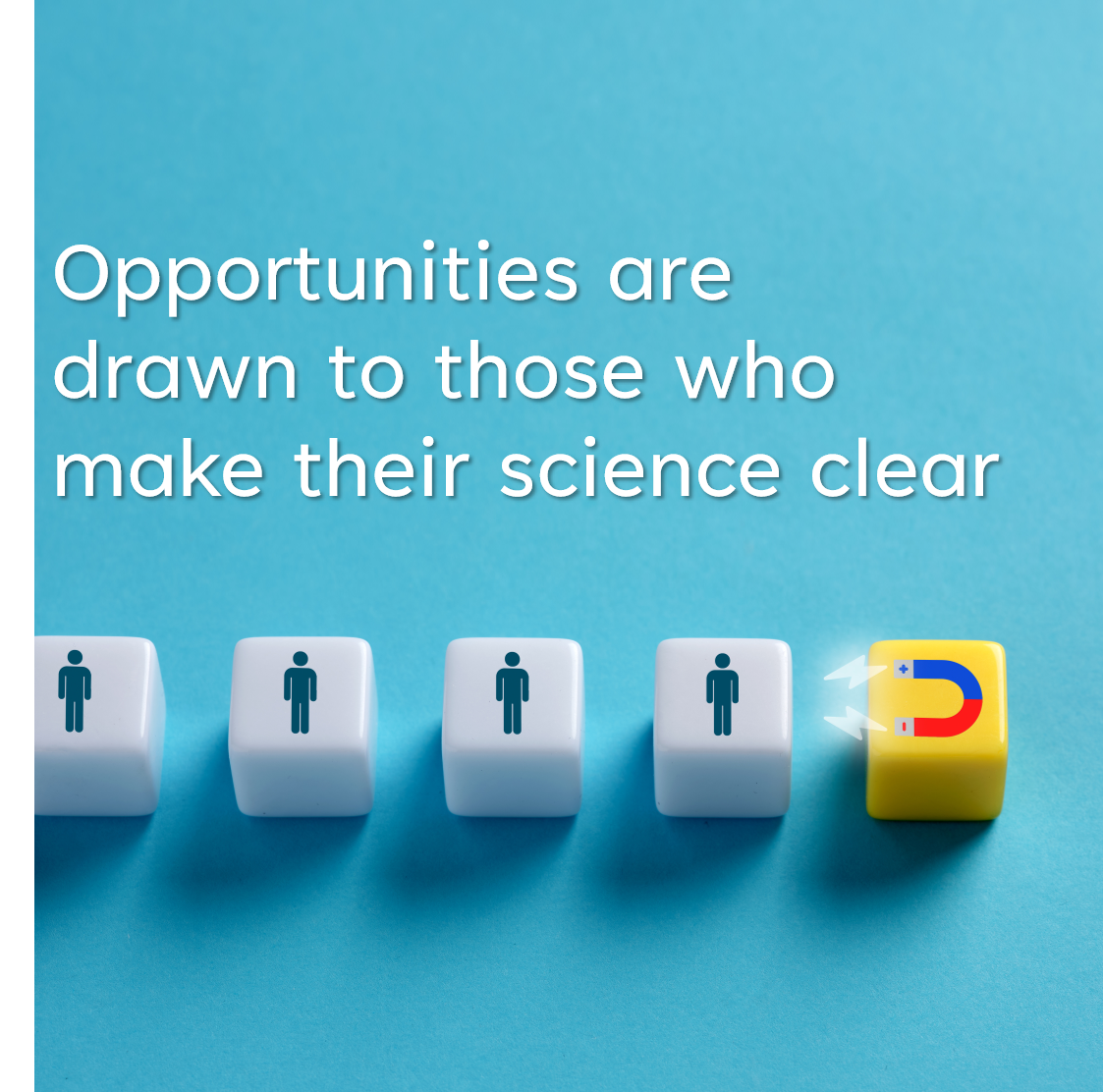
Doing good science isn’t enough, opportunities are drawn to those who make their science clear
If audiences don't understand the content of your presentations, how can they recognize your work's value and want to collaborate? It's not just about the quality of your research, it's about communicating that quality in a way that makes your expertise neon-blinkingly obvious.
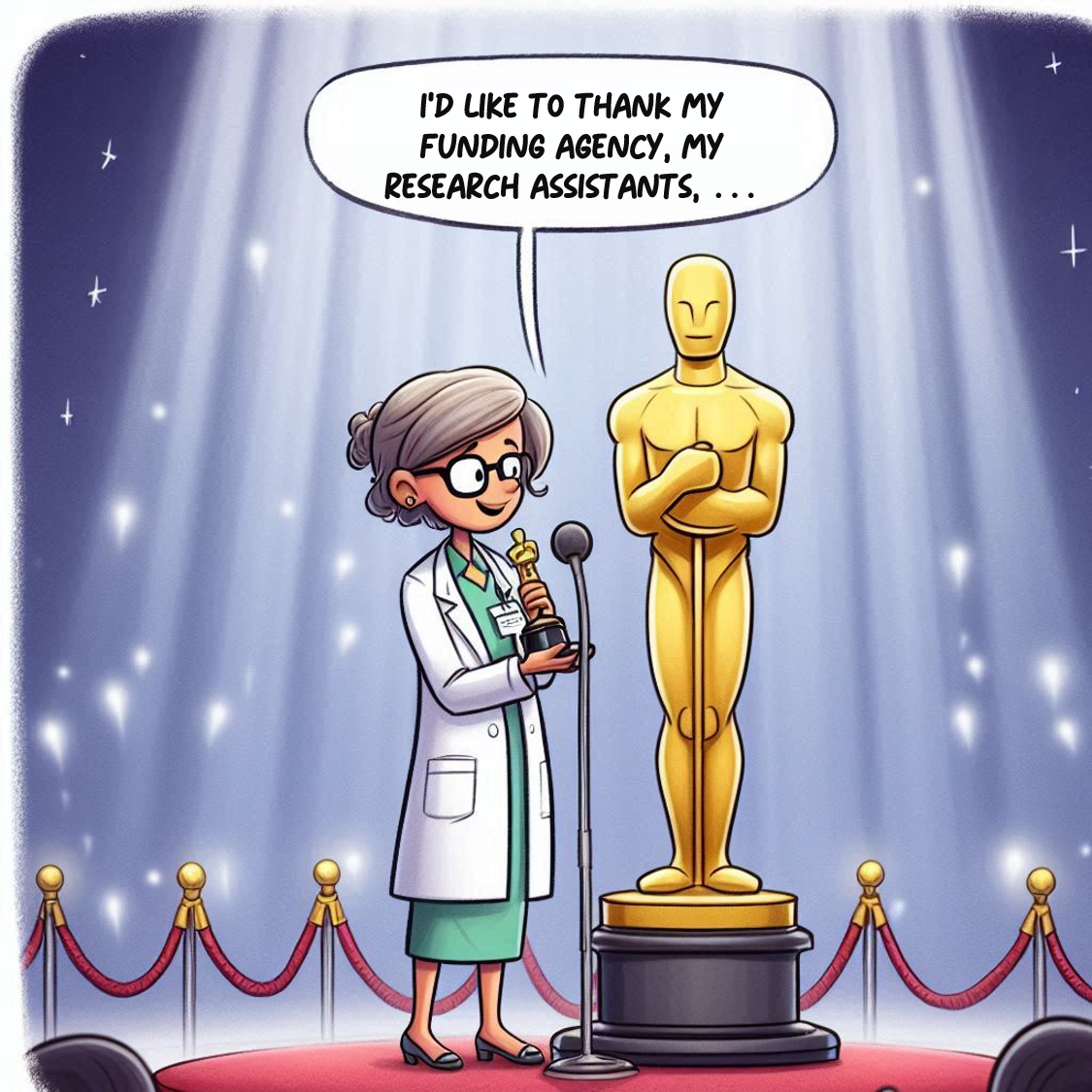
Why you should think of your science as a story
Which is more engaging: a newspaper article or an owner’s manual? Both document information, but one is interesting and informative and the other is read only when absolutely necessary. People have evolved to think in stories, so think like a journalist and use them to make your messages sticky.

Whether you know it or not, we’re all selling something
Most professionals spend 40% of their work day engaged in sales-like activities such as persuading, influencing, and convincing others. All this selling happens whether they are aware of it or not.
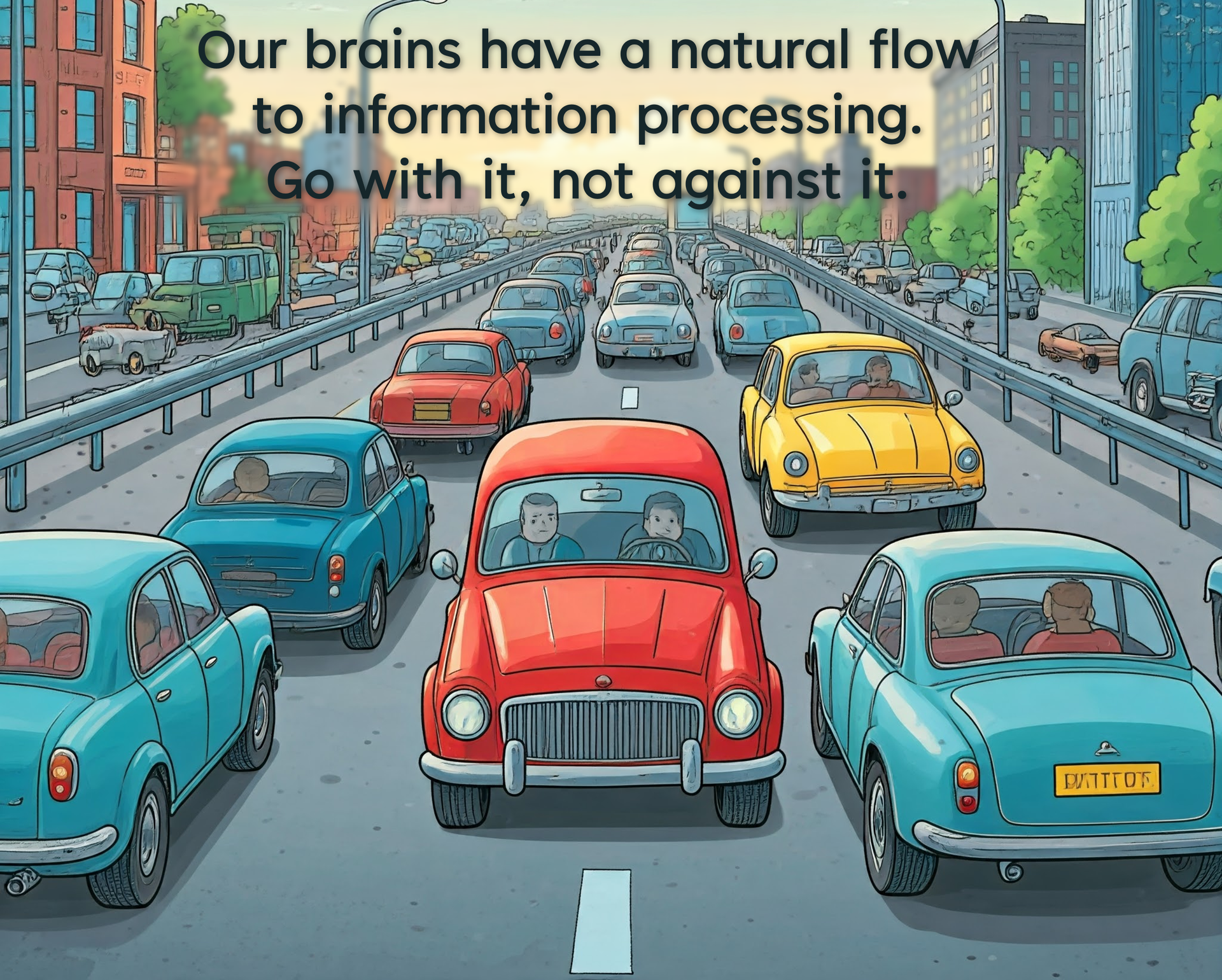
Use these brain rules to your advantage when presenting your science, or ignore them at your peril
Savvy marketers have exploited human tendencies for years. Scientists can also use how brains' naturally process information to create more engaging presentations and make a better impression on their audiences.
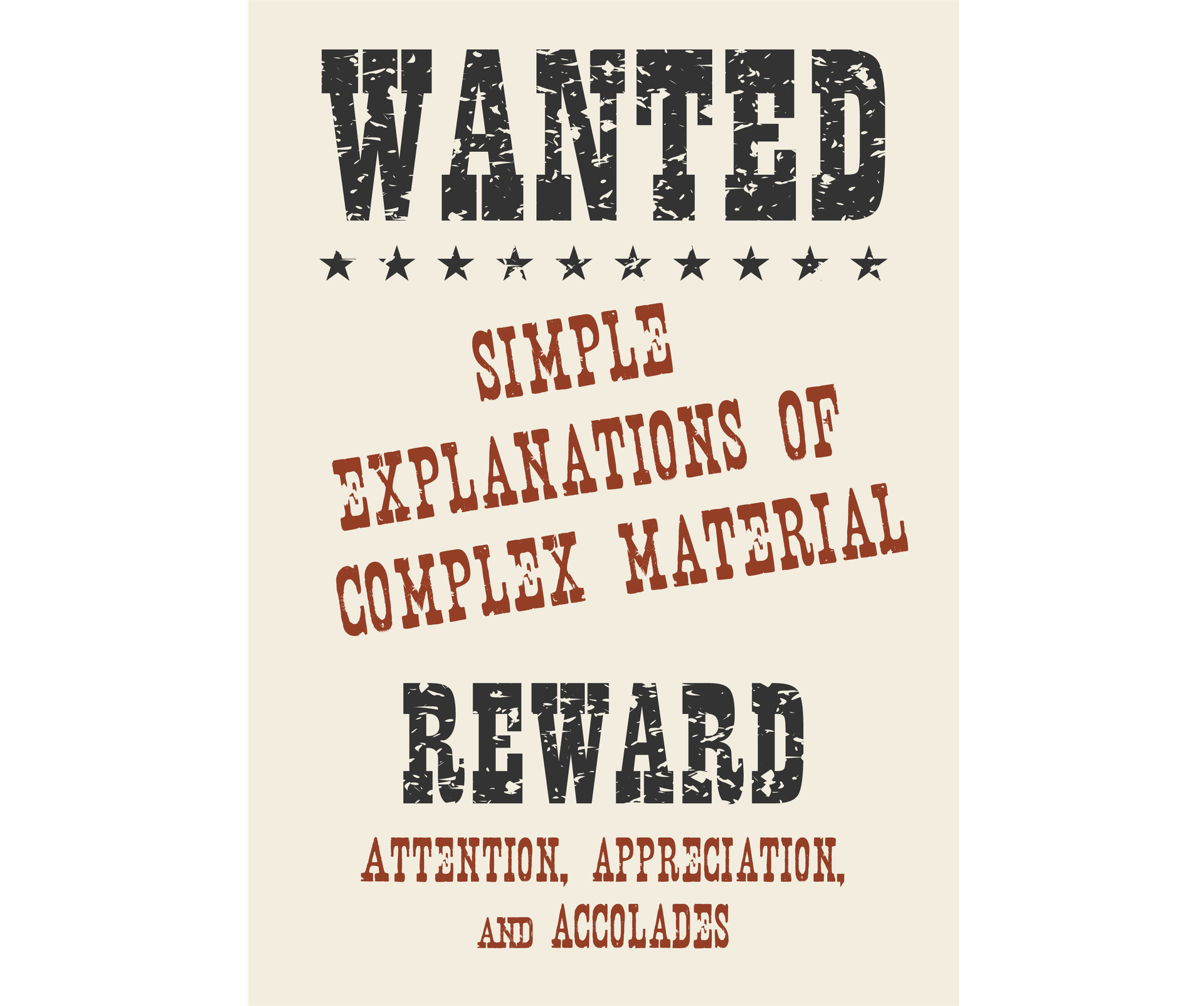
How to make your audience want to hear complex info
To be inspiring and influential, you must give audiences a reason to want to listen to you and make them believe that listening won’t be hard work. Once you’ve earned that trust, you have to keep it by presenting your information simply.
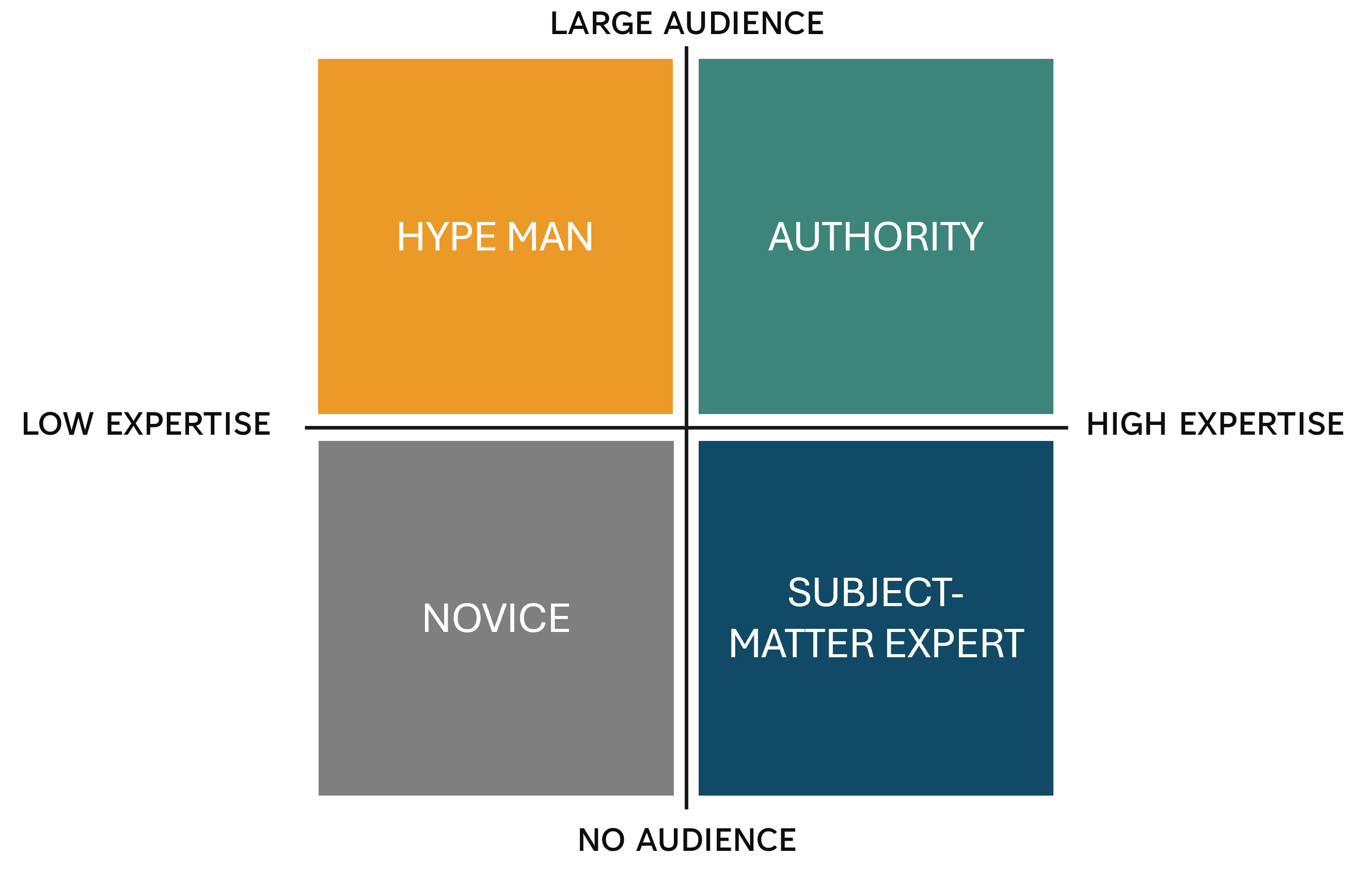
How to be a go-to authority in your field
Scientists spend years training, practicing, and honing their technical skills. Through hard work and dedication, they earn the subject-matter expert (SME) designation. SMEs have a deep level of knowledge and often solve problems no one else can.
Some SMEs go even further to become authorities.

How to make your science memorable
James Carville, Bill Clinton’s 1992 US presidential campaign manager, knew that if the campaign presented too many messages, voters wouldn’t remember any of them. So he put a sign in their headquarters to keep staffers focused on the economy: “It’s the Economy, Stupid!”
